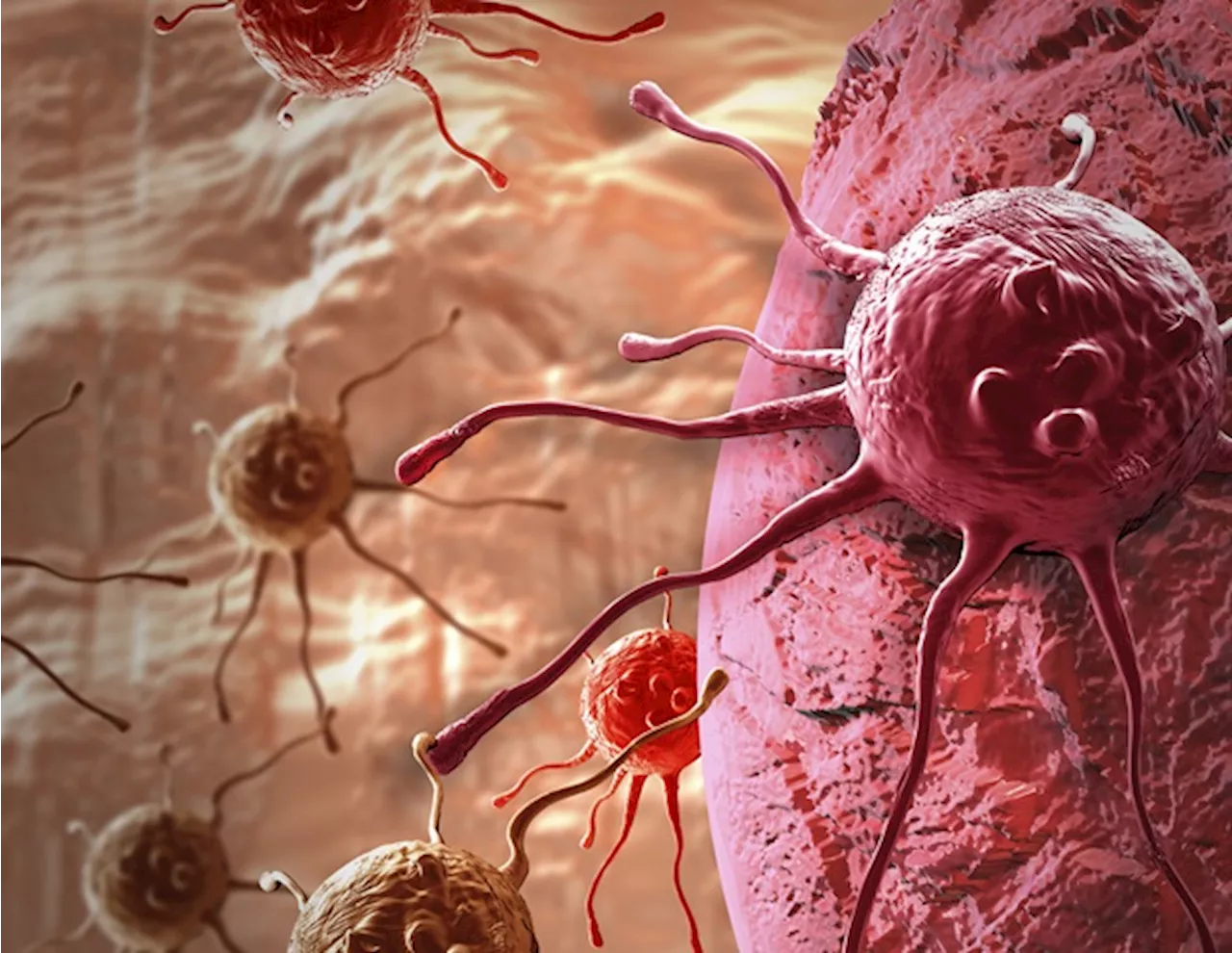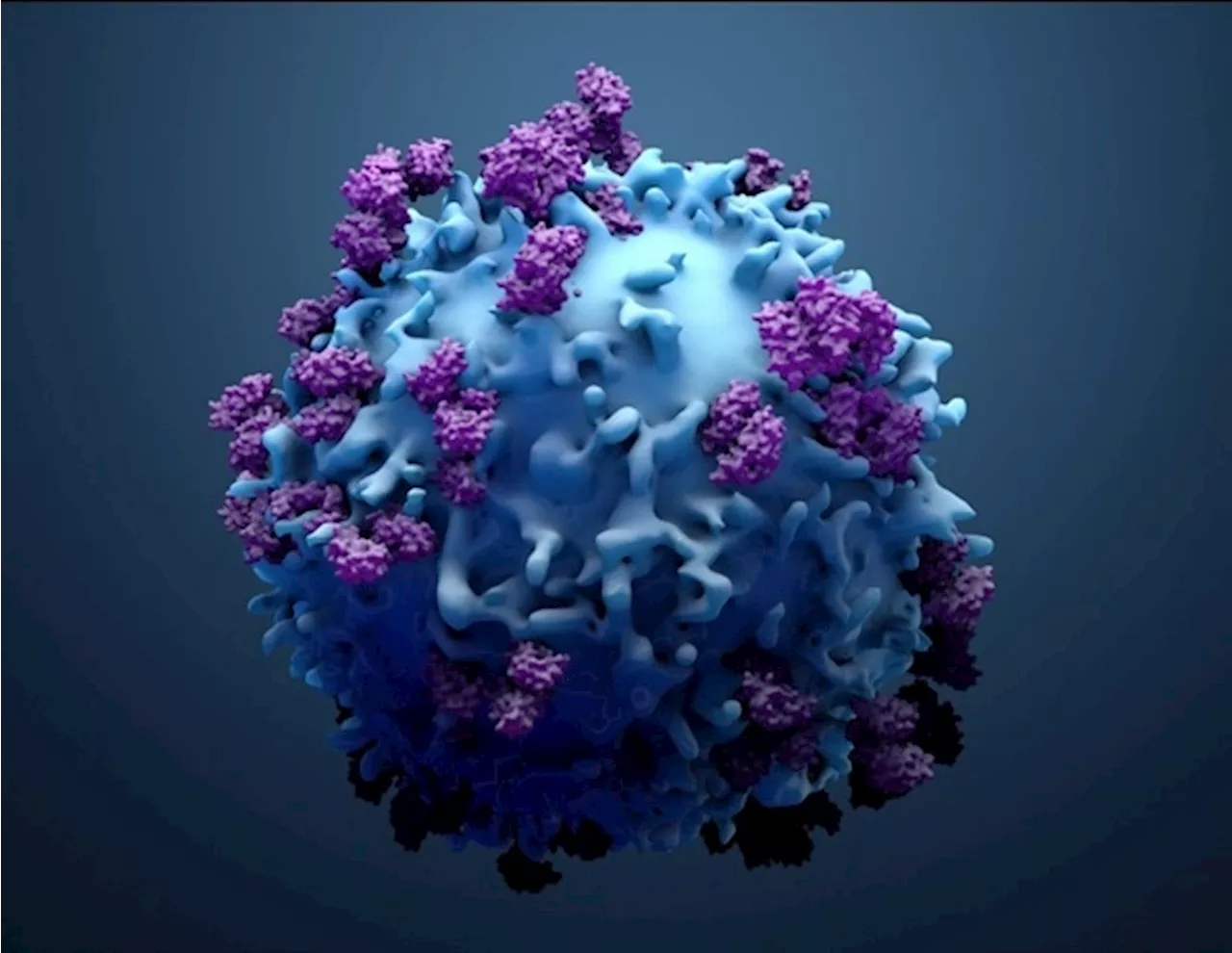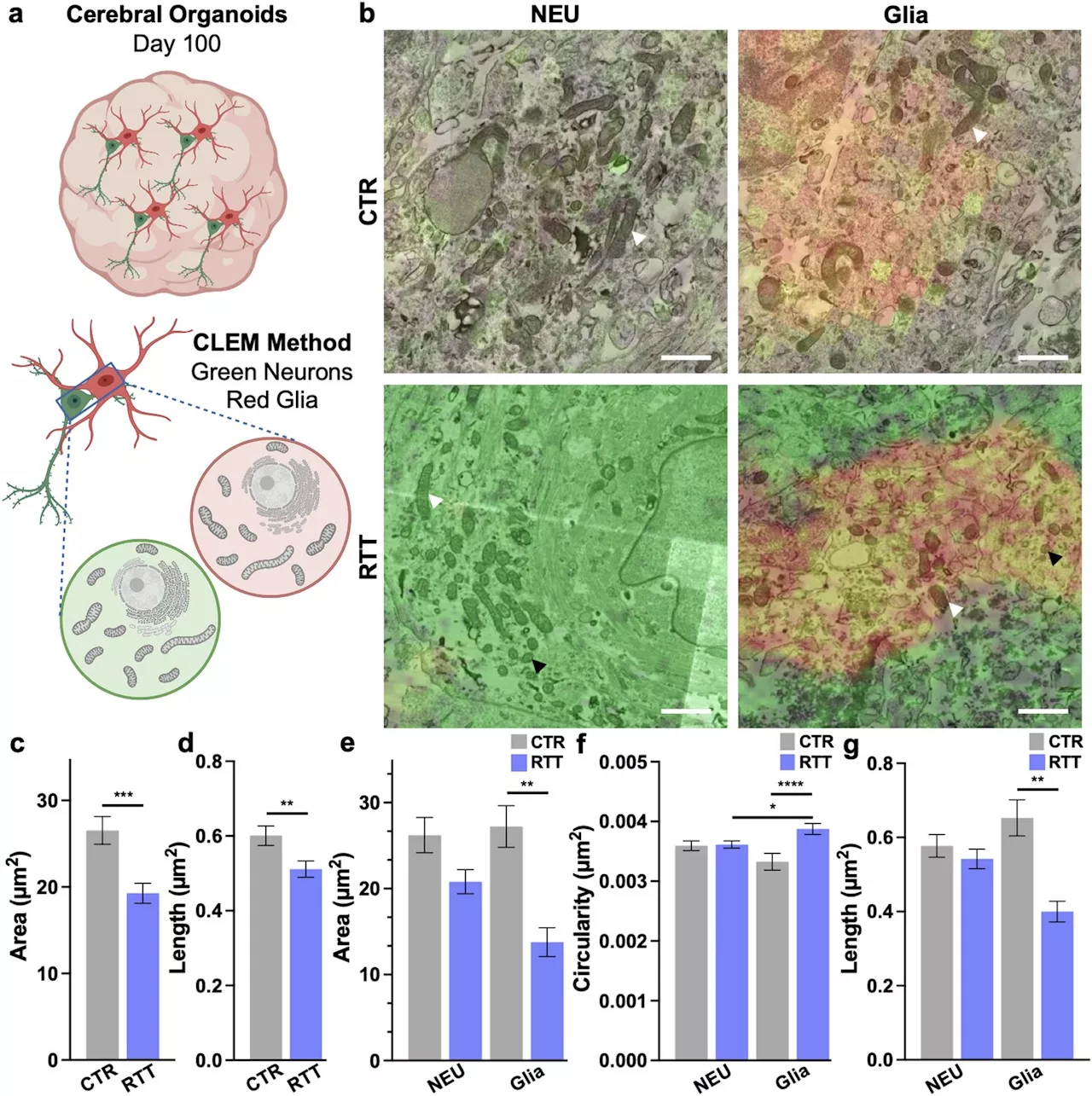Cell therapies are revolutionizing autoimmune disease treatment by assisting immune system rebalancing.
Sponsored Content by ACROBiosystemsReviewed by Aimee MolineuxOct 9 2024 Cytokines are a group of small molecule proteins or polypeptides that are synthesized, stimulated, or secreted by immune cells and other non-immune cells . Cytokines can communicate information between cells.
Specific circumstances can also lead to cytokines participating in the occurrence of various diseases and even provoke cytokine storm and cytokine storm syndrome—this can lead to organ damage, functional failure, and even death. “Cytokine” is a generic name that can be subdivided into interleukins, growth factors, tumor necrosis factors, chemokines, colony-stimulating factors, interferons, etc. ACROBiosystems offers its clients a series of recombinant cytokines and their receptors with high purity, bioactivity, and batch-to-batch consistency to expedite existing scientific research and drug development programs.
Biotinylated Human TNF-alpha, His,Avitag on SDS-PAGE under reducing condition. The purity of the protein is greater than 95%. As verified by SEC-MALS, the purity is more than 90% and the molecular weight of this protein is around 55-70 kDa. Image Credit: ACROBiosystems Immobilized Human 4-1BB, Fc Tag at 0.1 μg/mL can bind Biotinylated Human 4-1BB Ligand, Fc, Avitag with a linear range of 0.4-6 ng/mL . Image Credit: ACROBiosystems
Human IL-2 R beta Protein, His Tag captured on CM5 chip via anti-His antibody, can bind Human IL-15, premium grade with an affinity constant of 21.7 nM as determined in a SPR assay . Image Credit: ACROBiosystems
United Kingdom Latest News, United Kingdom Headlines
Similar News:You can also read news stories similar to this one that we have collected from other news sources.
 Non-invasive imaging technique can accurately detect clear-cell renal cell carcinomaA new study led by investigators from the UCLA Health Jonsson Comprehensive Cancer Center has demonstrated a new, non-invasive imaging technique can accurately detect clear-cell renal cell carcinoma, the most common form of kidney cancer.
Non-invasive imaging technique can accurately detect clear-cell renal cell carcinomaA new study led by investigators from the UCLA Health Jonsson Comprehensive Cancer Center has demonstrated a new, non-invasive imaging technique can accurately detect clear-cell renal cell carcinoma, the most common form of kidney cancer.
Read more »
 New cell therapy offers effective treatment for patients with T-cell acute lymphoblastic leukemiaA new cell therapy, targeting CD7 on leukaemia cells, gives a potentially effective treatment for patients with T-cell acute lymphoblastic leukaemia (T-ALL) who have exhausted all standard treatment options.
New cell therapy offers effective treatment for patients with T-cell acute lymphoblastic leukemiaA new cell therapy, targeting CD7 on leukaemia cells, gives a potentially effective treatment for patients with T-cell acute lymphoblastic leukaemia (T-ALL) who have exhausted all standard treatment options.
Read more »
 Brain cell types are affected differently by Rett syndrome mutation, researchers discoverRett syndrome is a X-chromosome-linked neurodevelopmental disorder; it can lead to loss of coordination, mobility, ability to speak, and use of the hands, among other symptoms. The syndrome is typically caused by mutations within the gene MECP2.
Brain cell types are affected differently by Rett syndrome mutation, researchers discoverRett syndrome is a X-chromosome-linked neurodevelopmental disorder; it can lead to loss of coordination, mobility, ability to speak, and use of the hands, among other symptoms. The syndrome is typically caused by mutations within the gene MECP2.
Read more »
 Zongertinib demonstrates promising efficacy in patients with HER2-mutant non-small cell lung cancerThe HER2-specific tyrosine kinase inhibitor zongertinib was well tolerated and demonstrated promising efficacy in patients with HER2 mutation-positive non-small cell lung cancer, meeting the primary endpoint of the Beamion LUNG-1 Phase Ib Cohort 1 study, according to research presented at the International Association for the Study of Lung Cancer...
Zongertinib demonstrates promising efficacy in patients with HER2-mutant non-small cell lung cancerThe HER2-specific tyrosine kinase inhibitor zongertinib was well tolerated and demonstrated promising efficacy in patients with HER2 mutation-positive non-small cell lung cancer, meeting the primary endpoint of the Beamion LUNG-1 Phase Ib Cohort 1 study, according to research presented at the International Association for the Study of Lung Cancer...
Read more »
 Managing mental health is an important part of sickle cell disease treatmentChildren who were diagnosed with a chronic condition at an early age face challenges that go beyond their physical health. Diseases like sickle cell have an especially stressful impact on not just the patient, but their families and caregivers as well.
Managing mental health is an important part of sickle cell disease treatmentChildren who were diagnosed with a chronic condition at an early age face challenges that go beyond their physical health. Diseases like sickle cell have an especially stressful impact on not just the patient, but their families and caregivers as well.
Read more »
 Leveraging the power of iPS cell technology to study myeloid neoplasmUsing iPS cells generated from a patient with a myeloid neoplasm caused by a rare chromosomal rearrangement between the MECOM and MYC genes, a team of researchers led by Associate Professor Yoshinori Yoshida and Clinical Assistant Professor Kazuhisa Chonabayashi (Department of Growth and Differentiation) successfully modeled the cancer to gain a...
Leveraging the power of iPS cell technology to study myeloid neoplasmUsing iPS cells generated from a patient with a myeloid neoplasm caused by a rare chromosomal rearrangement between the MECOM and MYC genes, a team of researchers led by Associate Professor Yoshinori Yoshida and Clinical Assistant Professor Kazuhisa Chonabayashi (Department of Growth and Differentiation) successfully modeled the cancer to gain a...
Read more »
